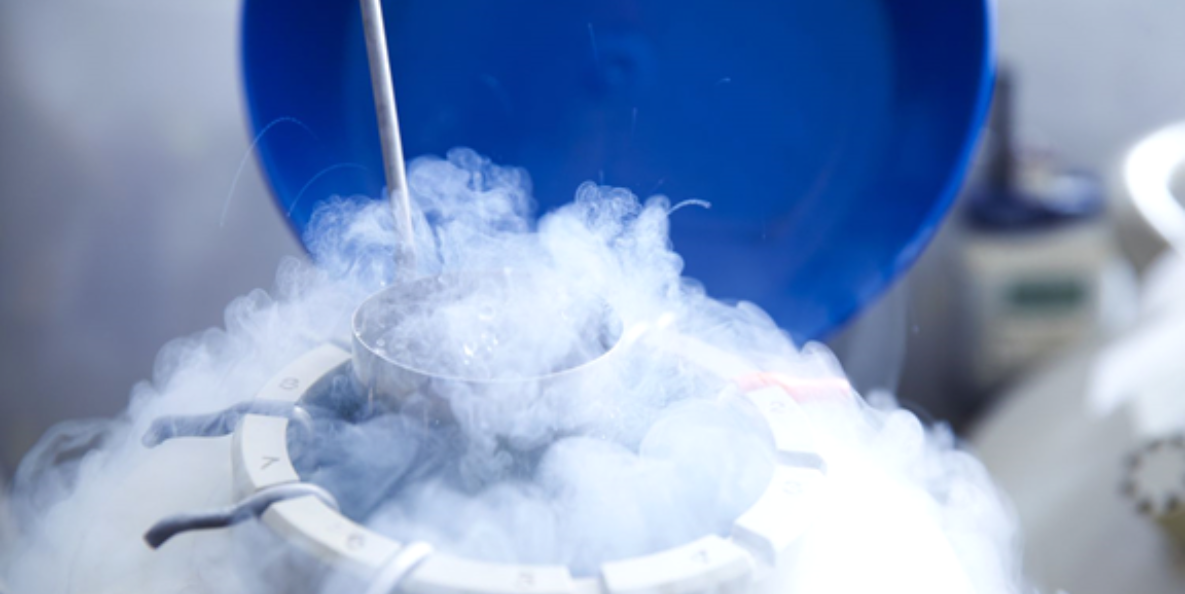Categories
Egg Freezing
May 10, 2024
Egg freezing, also known as oocyte cryopreservation, is a process in which a woman's eggs (oocytes) are harvested, frozen, and stored for future use. It offers women the opportunity to preserve their fertility and extend their reproductive options.
This procedure is typically chosen by women who wish to preserve their fertility for various reasons:
This procedure is typically chosen by women who wish to preserve their fertility for various reasons:
- Medical treatments that may affect fertility
- Social reasons like career pursuits, or personal circumstances.
- Ovarian Stimulation: The woman undergoes hormonal stimulation to encourage the ovaries to produce multiple eggs. This usually involves a series of hormone injections over 10-12 days.
- Monitoring: During the stimulation phase, the woman's hormone levels and follicle growth are closely monitored through blood tests and ultrasound examinations.
- Egg Retrieval: Once the eggs have matured, they are retrieved through a minor surgical procedure called transvaginal ultrasound-guided follicle aspiration. This involves inserting a thin needle through the vaginal wall to access the ovaries and remove the eggs.
- Cryopreservation: The retrieved eggs are then rapidly frozen using a process called vitrification, which involves immersing them in liquid nitrogen at very low temperatures to prevent ice crystal formation, which could damage the eggs.
- Storage: The frozen eggs are stored in specialized cryogenic containers at a fertility clinic's laboratory until the woman is ready to use them.











